Fara Williams has criticized the lack of diversity within the England women’s team, stating that the Lionesses are less representative now than during her career and are “pretty much made up of white players”.
The 40-year-old, England’s most capped male and female footballer, made her debut for the Lionesses as a 17-year-old in 2001 and hung up her boots two decades later, laden with trophies.
Much has improved as the women’s game has evolved into what the former England midfielder’s former teammate Karen Carney declared last year could become a billion-pound industry, but Williams fears a game every increasingly elitist also risks leaving less privileged girls behind.
Speaking at Wembley ahead of this weekend’s Adobe Women’s FA Cup quarter-final, she told the PA news agency: “When I think about the England teams I played for, we had a black manager (Hope Powell). , certainly when I started in England.” At least five players were black and the rest were white women, but now when you look at the England (women’s) team, it’s pretty much all white players.
‘And so when you think about being relatable to everyone, I don’t think the Lionesses represent that now. I feel like I was more represented when I played than now, but I also understand that the game has changed tremendously.
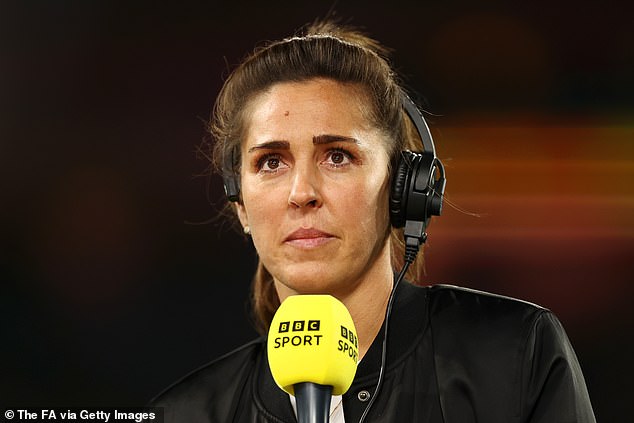
Fara Williams feels that the Lionesses are less representative now than when she played
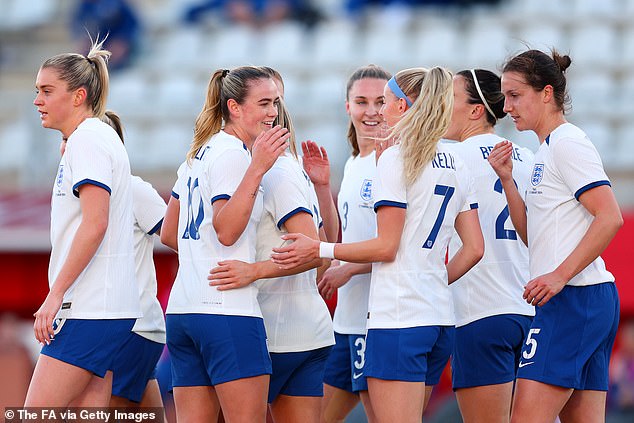

The former England star claims that the national team is “practically made up of white players”
Your browser does not support iframes.
“The more elite you have, the more expensive the game has become in terms of trying to afford to play, trying to pay for one-on-one personal trainers, it’s more expensive.”
“And so when you’re from a disadvantaged area, in terms of accessibility, I think you’re putting up barriers for disadvantaged people to be able to participate.”
Last year, a report by the BBC estimated that black, Asian and minority ethnic players made up a maximum of 15 per cent of those signed by WSL clubs, while the Lionesses remained overwhelmingly white.
The FA has recognized the challenges with representation across women’s football and has taken steps it hopes will accelerate change, including a significant review of the performance pathway early last year to address barriers such as travel distance to training centres. and access to elite-level training.
The winning clubs in this weekend’s Adobe Women’s FA Cup quarter-finals will receive £90,000 of a nearly £6 million prize pool that has more than doubled since last season’s edition, and this year’s champions They will receive £430,000 along with the trophy.
In November, tech giant Adobe signed on as the competition’s title sponsor for the next three years, becoming the latest major brand to specifically back a women’s sporting event.
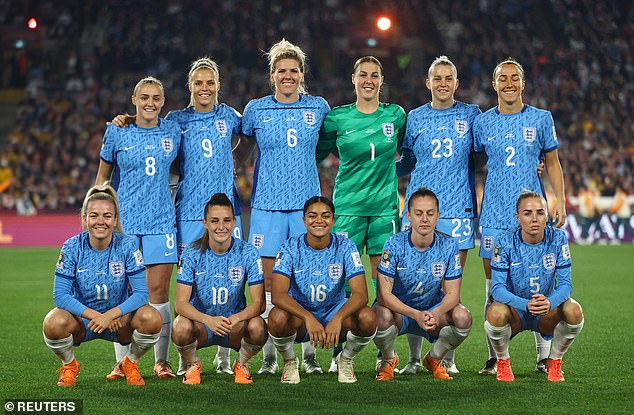

The Lionesses pose for a team photo before last summer’s World Cup final in Sydney.
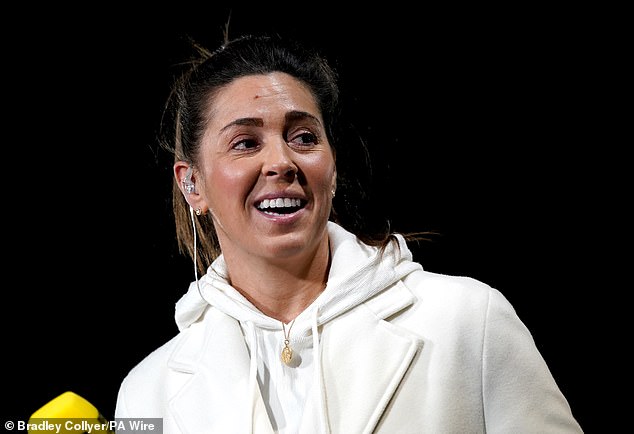

England’s biggest international fears that less privileged girls are being left behind
Last year also marked the first sell-out at Wembley for the final, with a record crowd of 77,390 turning out to see Chelsea lift the trophy for the fifth time in their history.
Williams scored an own goal in his first FA Cup final and lost three more before finally lifting one with Everton at the City Ground in 2010, but it was winning his second with Arsenal in 2016 that remains the most outstanding.
Wembley only took over hosting duties for the trophy contest in 2015, so for Williams 2016 was a first chance to fulfill what was once an impossible childhood fantasy, even if it was at the expense of runners-up Chelsea, who he grew up supporting.
That trophy took the now BBC pundit back to the days when a game called ‘Wembley Knockouts’ was played in a cage in south London, where the winners would climb the stairs and pretend to be from the iconic venue.
So while Williams will continue to advocate for the “more diverse thinking” he believes is essential to ensuring progress does not stagnate, revisiting his own Wembley triumph reminds him of how far things have come.
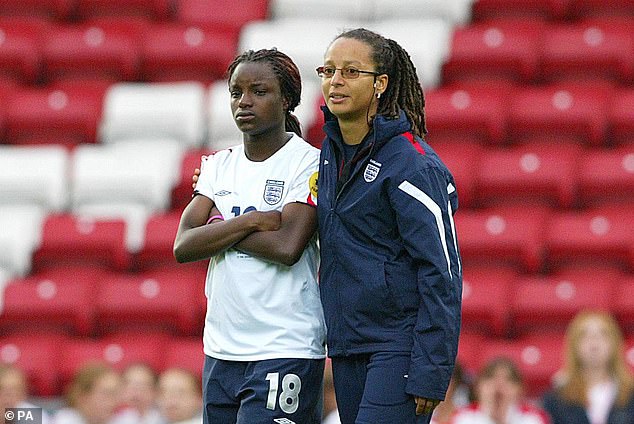

Former Lionesses coach Hope Powell consoles Eni Aluko after defeat to Sweden in 2005
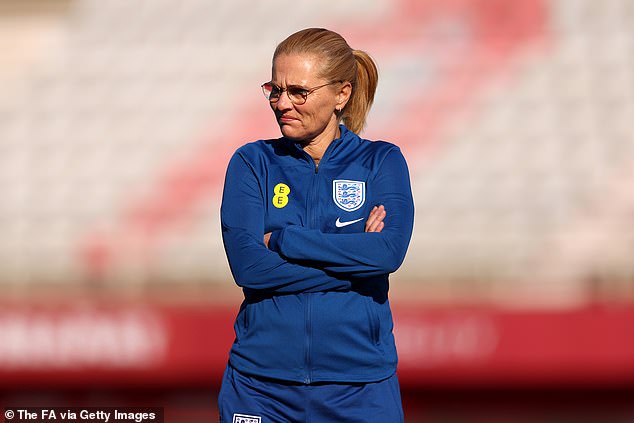

Sarina Wiegman’s team thrashed Italy 5-1 during their international friendly in February.
She said: ‘That was the ultimate dream. Even more than winning the league. Walking the steps at Wembley was something that, certainly in my time, I never thought was possible.
“And now it’s becoming a regular thing at Wembley. I think we played in front of 40,000 people. Now, selling all the tickets is incredible.”

